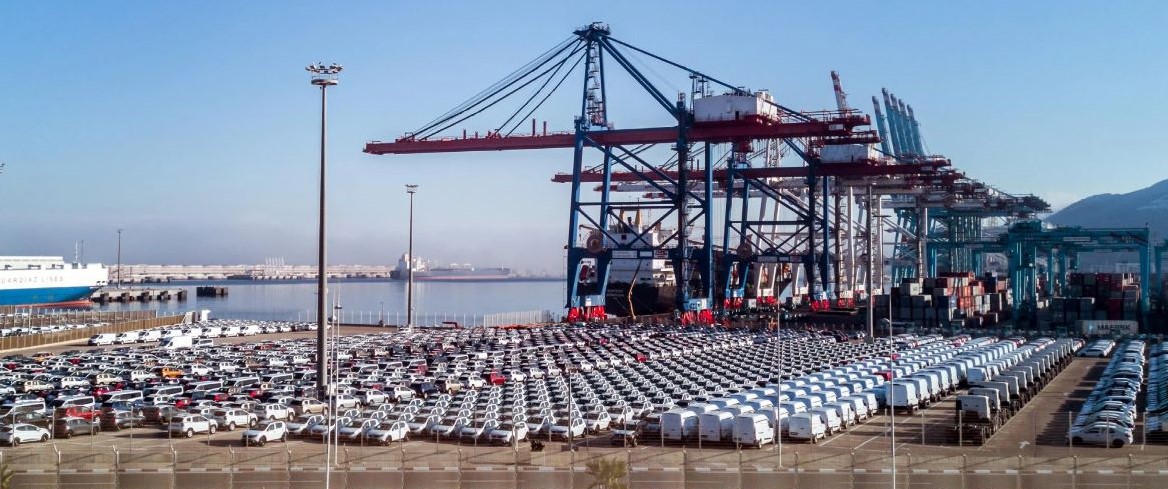(3 Minutes Read)
Morocco is consolidating its appeal as a prime destination for foreign direct investment (FDI), with a growing focus on the automotive and green hydrogen sectors. In addition to attracting foreign investments. Morocco is also undertaking large-scale upgrades to its sports infrastructure ahead of hosting two major events.
Morocco is consolidating its appeal as a prime destination for foreign direct investment (FDI), with a growing focus on the automotive and green hydrogen sectors. In addition to attracting foreign investments. Morocco is also undertaking large-scale upgrades to its sports infrastructure ahead of hosting two major events – the 2025 Africa Cup of Nations (AFCON) and the 2030 FIFA World Cup, co-hosted with Spain and Portugal. FDI in 2024 has seen a notable recovery. Over the first eight months, it grew by 55.1%, with revenues rising to USD 2.5 billion and expenses decreasing to USD 1 billion.
Despite recent progress, Morocco saw a 52% drop in net FDI in 2023, falling to USD 1.1 billion. This decline was due to a 14% decrease in revenues, which fell to USD 3.4 billion, while expenses increased by 35.8% to USD 2.3 billion. In 2023, France led the way in foreign investments, accounting for 33% of the total, followed by the UAE (10%), the UK (8%), and Spain (7%). The industrial and real estate sectors were the primary recipients, attracting 38% and 22% of FDI, with transport, energy, mining, and tourism also contributing.
The 2025 finance bill report from the Ministry of Economy and Finance underlines Morocco’s promising outlook, with several key projects on the horizon. Notably, Chinese tech giant Gotion announced plans in June 2023 to invest USD 6.4 billion in building an electric vehicle battery manufacturing plant. At the same time, Morocco is advancing its green hydrogen sector, following the March 2024 launch of the “Morocco Offer” looking to foster growth in this field.
The country has launched projects to renovate football stadiums in Marrakech, Agadir, Fez, Rabat, Casablanca, and Tangier, alongside plans to construct a new 115,000-seat stadium in Benslimane. These initiatives, with an estimated budget of USD 2 billion, strive to modernize facilities in order to meet international standards.
Read Also:
https://trendsnafrica.com/algeria-with-usd-1-2-bn-fdi-highest-in-maghreb-region/
The new bill also earmarks USD 30 million for football infrastructure upgrades, with USD 7 million allocated to building local football fields in the Rabat-Sale-Kenitra region. Casablanca-Settat will receive USD 12.8 million for the creation and renovation of neighbourhood sports facilities. A total of USD 30.5 million will be directed to the National Sports Development Fund, with another USD 4 million supporting elite sports programs and USD 8.5 million allocated to the development of athletics facilities.





